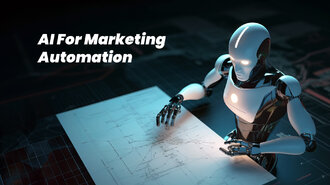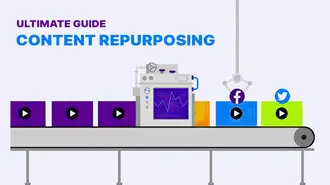Artificial intelligence (AI) has brought a revolution to the digital marketing landscape, including the field of content writing.
From being a hot topic in pop culture to leading to an endless debate between Elon Musk and Mark Zuckerberg, There is a belief that AI-generated content will replace content created by human writers. But how far are we from becoming ruled by superintelligent robots? Will AI be “smart” enough to replace the power of human-generated content? Is AI-generated content completely foolproof?
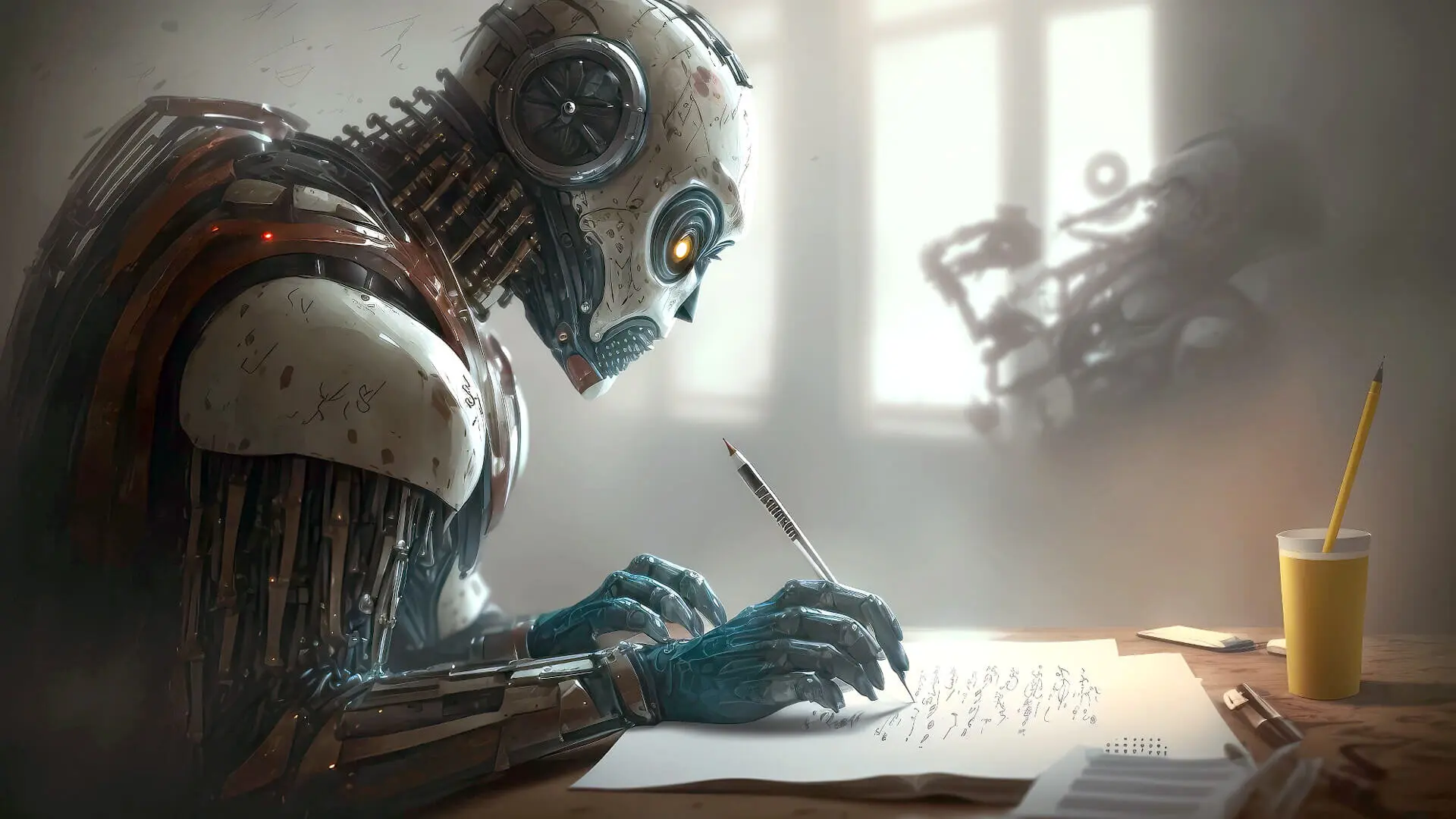
These questions need a deep delve into the basics of AI and how it works, and that’s what we have attempted in this informative article. So, to find out the prospects of AI in the content creation industry and its comparison to human-created content, keep reading.
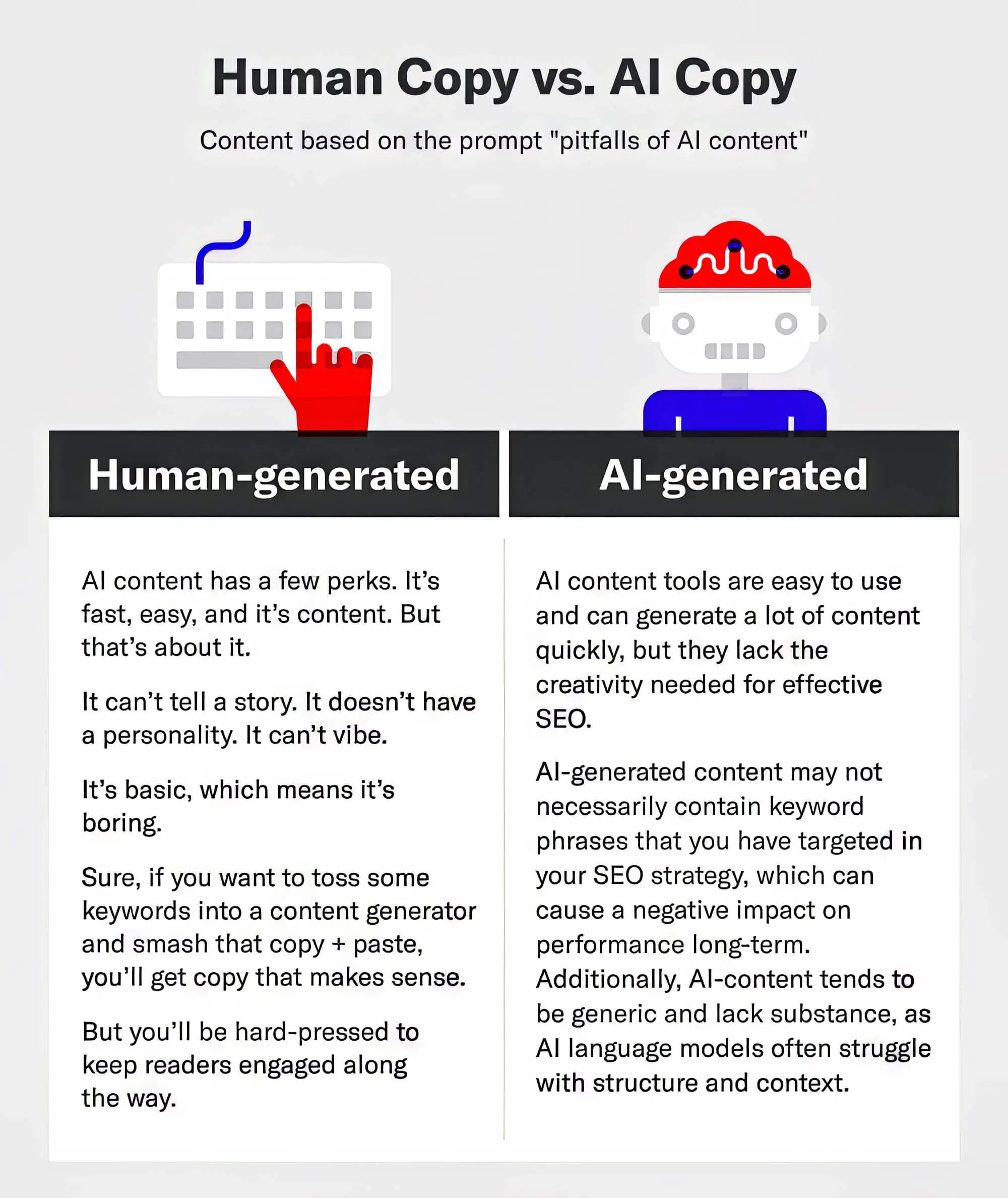
What Is AI Content?
Any content generated via artificial intelligence and machine learning technologies is called AI content. It includes but is not limited to text, images, audio, videos, etc.
The text generated by AI includes articles, ad copies, news reports, product reviews, and various other written content. The AI utilises natural language processing (NLP) to analyse human language, generating grammatically correct and semantically meaningful text.
In terms of visual content, AI can create new images and videos or enhance those already in existence. This capability means AI-generated content could be more efficient and budget-friendly than traditional methods, reducing the need for manual tasks like writing and publishing.
Want to receive updates? Sign up to our newsletter
Each time a new blog is posted, you’ll receive a notification, it’s really that simple.
Advantages And Disadvantages Of AI Content Creation
AI content might miss the human touch of creativity and emotion, but it brings some unique benefits, particularly in SEO. However, the intelligence of AI is only as good as the person programming it. Let’s dive into the strengths and weaknesses of AI content:
What Are The Advantages Of AI Content?
1. Regular Improvements And Updates
Artificial intelligence was invented in 1935, thanks to the expertise of the English computer scientist Alan Turing. After that, in 1966, a robot with the ability to reason its actions was created, which led to the rise of personal computers. AI tools have become a part of our daily lives with laptops, smartphones, and more.
So, as you can tell, AI goes through rapid updates, making the technology all the more alluring. As such, advancements in AI content creation allow digital marketing businesses to develop content written in a human-like language, thereby attracting their target audience.
2. Cost Effective
Although tapping into something as sophisticated as AI can be expensive at first, in the long run - bots will be cheaper than brains! You won’t need to hire SEO experts and instead pay a monthly subscription (usually much lower than an employee’s salary) for AI-generated content tools.
As a result, with AI tools that can generate more content than humans in less time, businesses will save a lot of effort and money.
3. Improved Keyword Optimisation And Content Quality
AI content tools for SEO can help identify relevant keywords to be used in online content for better visibility and conversions. After all, you can write the best, most creative blog post, but its value goes in vain if it doesn’t reach the audience. And to reach your target audience, you must boost your search engine rankings.
That’s when AI marketing tools can analyse search queries and help you insert suitable keywords in your content to increase its relevance.
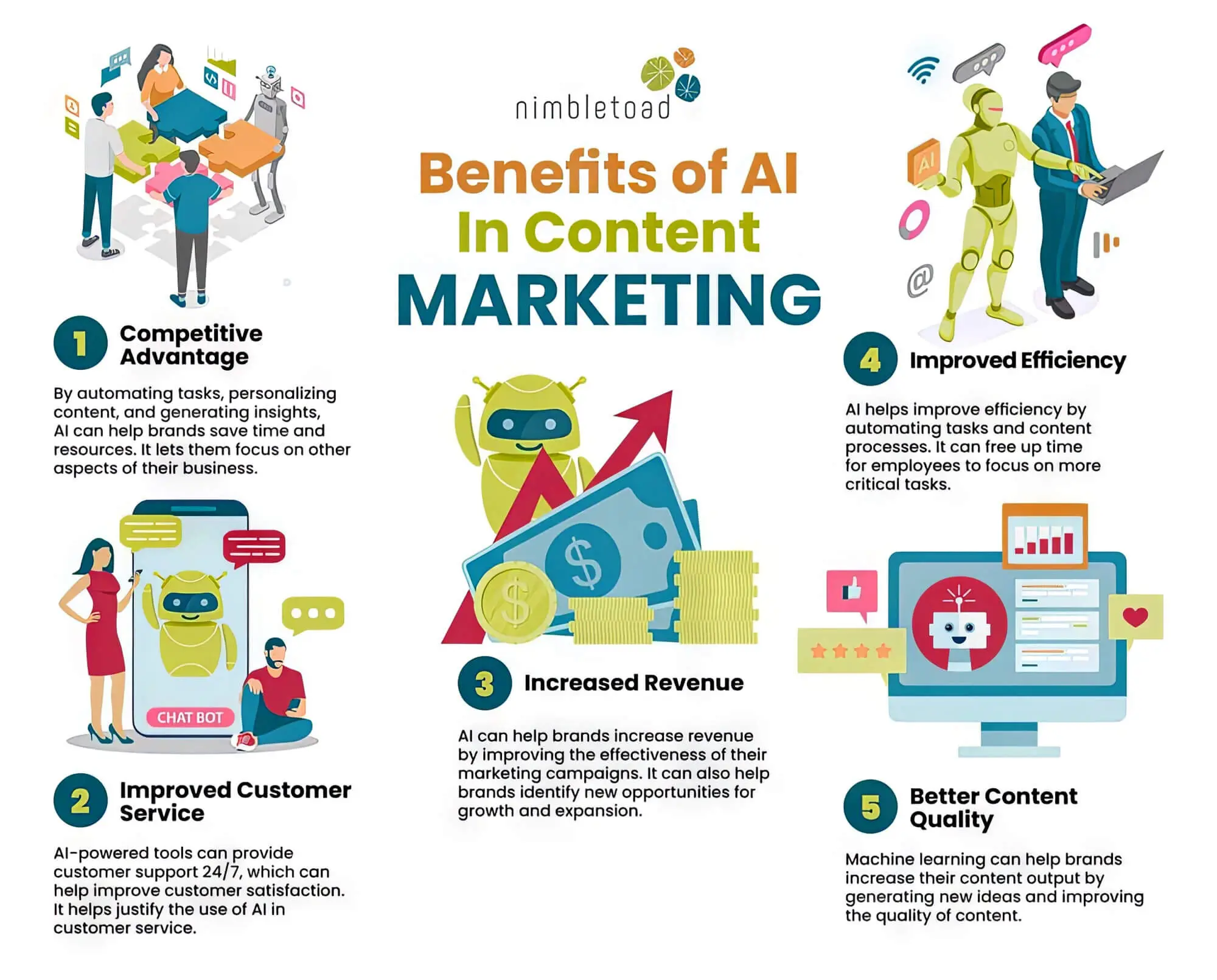
4. Scalability
As previously noted, an AI tool for SEO and content production can churn out more content in a single day than a human could. These tools can swiftly create vast amounts of content and streamline the publishing process, which is key for businesses keen on maintaining their SEO rankings.
5. Personalisation
AI tools can efficiently analyse human behaviour and preferences. As such, content creators can use these tools to create personalised content for various audiences. Consequently, you’ll be able to improve engagement and boost the likelihood of your content being shared. These positive interactions with your content will lead to more backlinks and higher search engine rankings.
6. Overcomes Writer’s Block
With AI content becoming unique, accurate, and relevant, many wonders, “Can AI replace content writers?” While that may be a (scary) possibility, one cannot rely entirely on artificial intelligence and machine learning. After all, these terms contain words like “artificial” and “machine” for a reason! So, human intellect remains essential, especially to be used with AI.
AI-powered tools have revolutionised how writer’s block can be overcome. With little to no knowledge in certain fields, writing extensively can become challenging, often leaving the writer in a listless situation. That’s when they can use AI-generated content to get the key points and outlines, so they have somewhere to start.
What Are The Disadvantages of AI Content?
1. Lacks Originality And Authenticity
Although AI robots are known to be “superintelligent” or “smart,” their intelligence is still one step below the human brain. After all, they are merely imitations of the human intellect, so they can never outsmart the brain that created them. No matter how sophisticated, AI technology has its fair share of limitations.
For instance, ChatGPT is known for its high-quality AI-generated content. But its knowledge is limited to whatever is already available on the Internet. The chatbot simply clubs together pieces of information from various sources rephrases and rearranges them, and provides “unique” content.
Besides pre-existing data, AI-generated content relies heavily on templates and keywords, strictly following them to rank higher in search engine results. While this may work initially, lacking human touch and common sense may backfire in the long run. At the end of the day, humans read the content, and if they need help understanding, relating, or engaging with it, AI content is bound to fail.
2. Lacks Creativity And Personalisation
Adding to the previous point, creativity makes content more engaging and compelling. But an AI content creator needs more emotional intelligence to spin a story and can only add facts to an outline. It further needs more common sense and the ability to create catchy headlines and perform other creative tasks.
3. Unintentional Plagiarism And Quality Issues
Since AI writers cannot generate new ideas, the resulting content may contain plagiarised portions. As such, search engines may flag AI-based content, especially if it is not informative and authoritative. This can further lead to degradation in quality and readability because, again, AI-generated content is just a result of “stitching and combining content.”
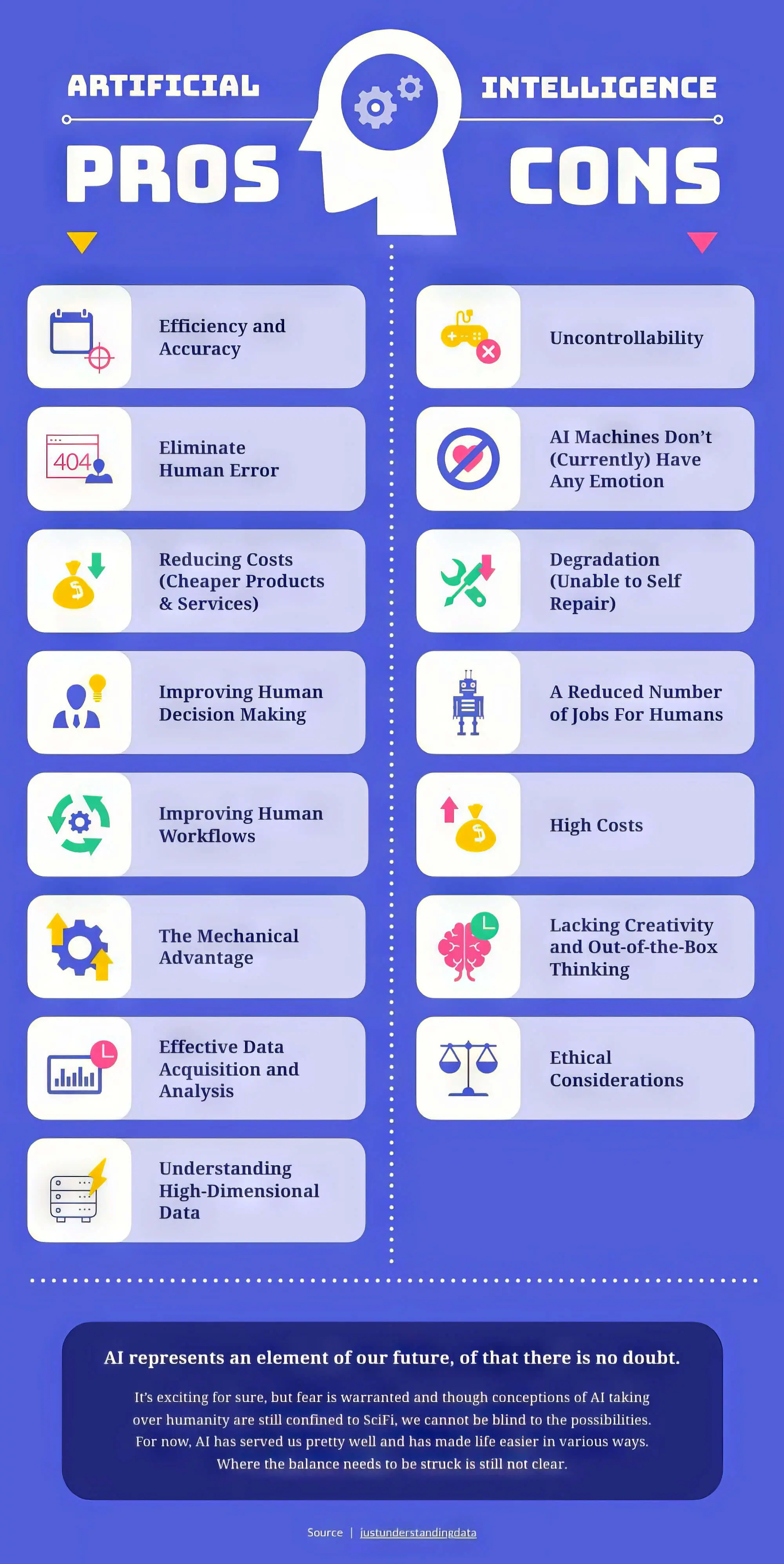
4. Requires Human Editing
Due to the sometimes iffy quality of AI-generated content, human oversight is crucial before hitting publish. By thoroughly checking AI-created content, we can catch and fix any factual errors or mix-ups. So, even though AI can churn out content quickly, it still relies on human review for quality assurance.
5. It May Get Boring
Relying heavily on algorithms and data analysis, AI-produced content can often be keyword-heavy. This sometimes makes it dull, as it may miss the subtleties of local dialects and struggle to keep a consistent tone, potentially leading to unengaging material.
This and the factors mentioned above make human-created content better than AI-based content. So, it is essential to use AI-generated content strategically if you want to maximise its benefits.
Comparison Of AI and Human Written Content Quality
Right off the bat, AI-generated content has the advantage of speed and scalability. Considering how quickly you can make bulk content using an AI-based content bot, you can finish your tasks quickly and produce even more content.
For instance, websites like Jasper.ai can help you create multiple quotes from one sentence. You can use these outputs to develop titles for blog posts, short video content, and more.
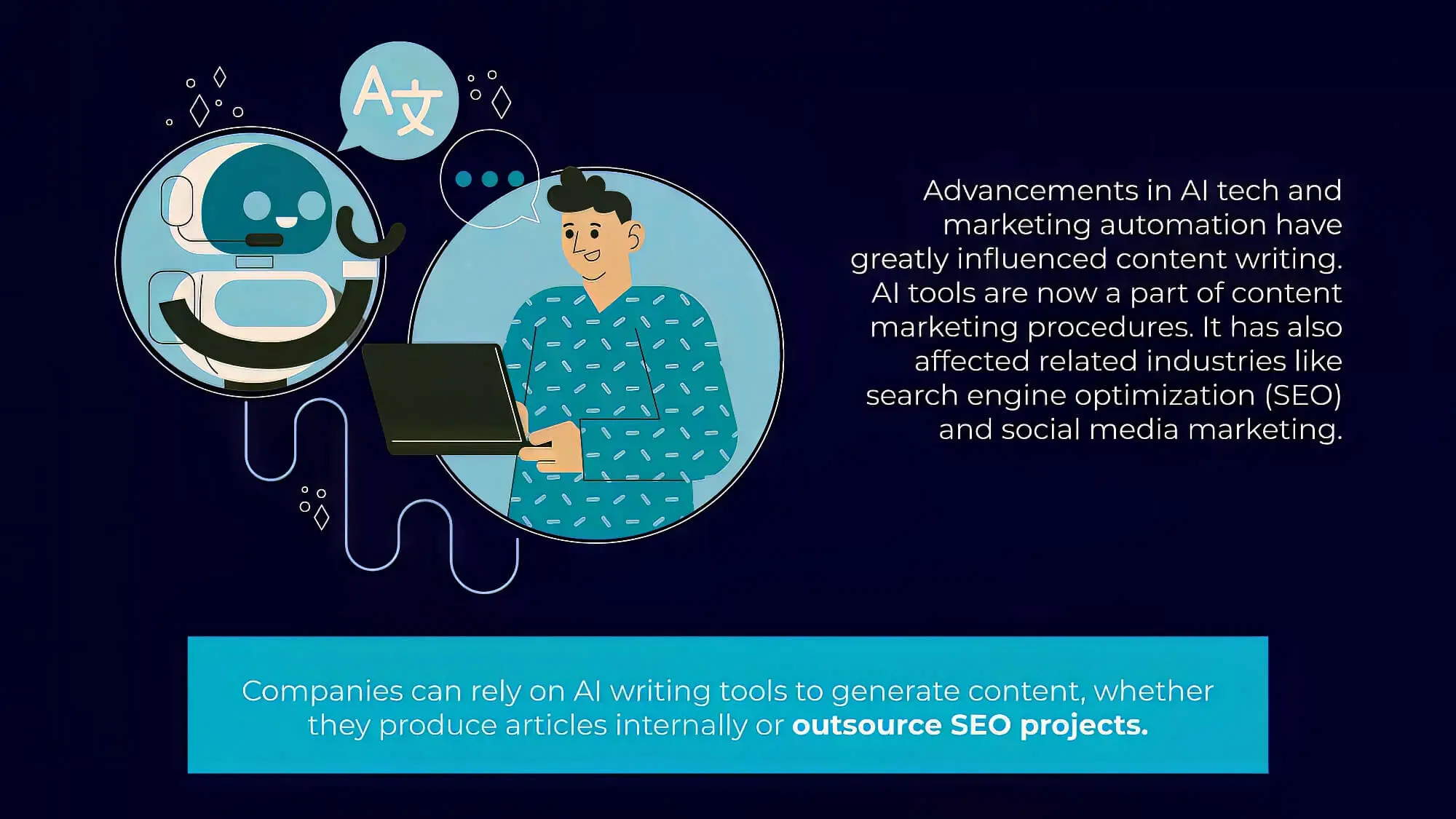
Moreover, AI content creation tools can analyse data and even pinpoint certain insights that the human eye may miss in the first go. Adopting AI in content writing and SEO may increase accuracy, leading to highly data-driven content.
However, one of the major criticisms of content creation is the need for more creativity and emotional intelligence, as it is based on a limited set of rules and data. On that note, anything written by human writers is often more creative, personal, and nuanced. A human writer can add more emotions, employ literary techniques, and craft stories that resonate with readers.
Due to their capacity to comprehend the context and utilise intuition, human writers can make better decisions and tailor their writing accordingly. But, here, it is also important to note that human content varies in quality and is much more time-consuming to produce.
AI Content vs. Human Written Content For SEO
Regarding SEO, AI-generated content can be beneficial as it aligns with user intent and keyword optimisation. But the human element is necessary to create more engaging content tailored to the target audience.
Overall, a synergistic combination of AI-generated and human-written content is the best approach for SEO. In the end, the quality of the content holds the utmost importance for SEO purposes. To produce high-quality, relevant, and engaging content, businesses should combine the skills of human writers with suitable AI tools.
Importance Of Human Touch In Content Writing
When we talk about the human touch, we’re referring to the distinct style, voice, and personal flavour that a human brings to the table. This is precisely why human-written content is valued for its personalisation and genuine feel.
With this human element, writers can establish a connection with the readers. They may even use their own experiences to develop ideas and insights that may not be available online. Consequently, the audience will find the content more relatable, trustworthy, and original, all of which are crucial for building a strong brand or online presence.
Ethics Of AI In Content Editing
AI holds the potential to boost business growth, but it’s important to use it ethically. Here are some key ethical considerations to keep in mind:
1. Transparency
The use of AI in content writing should be transparent and disclosed to readers. Accordingly, they can decide whether to engage with or follow the content. As with sponsored posts, long-form content created through AI writing tools should be labelled as such.
2. Quality
AI-generated content lacks quality and accuracy. So, businesses must have human writers who can edit AI-based content and ensure it is relevant and accurate.
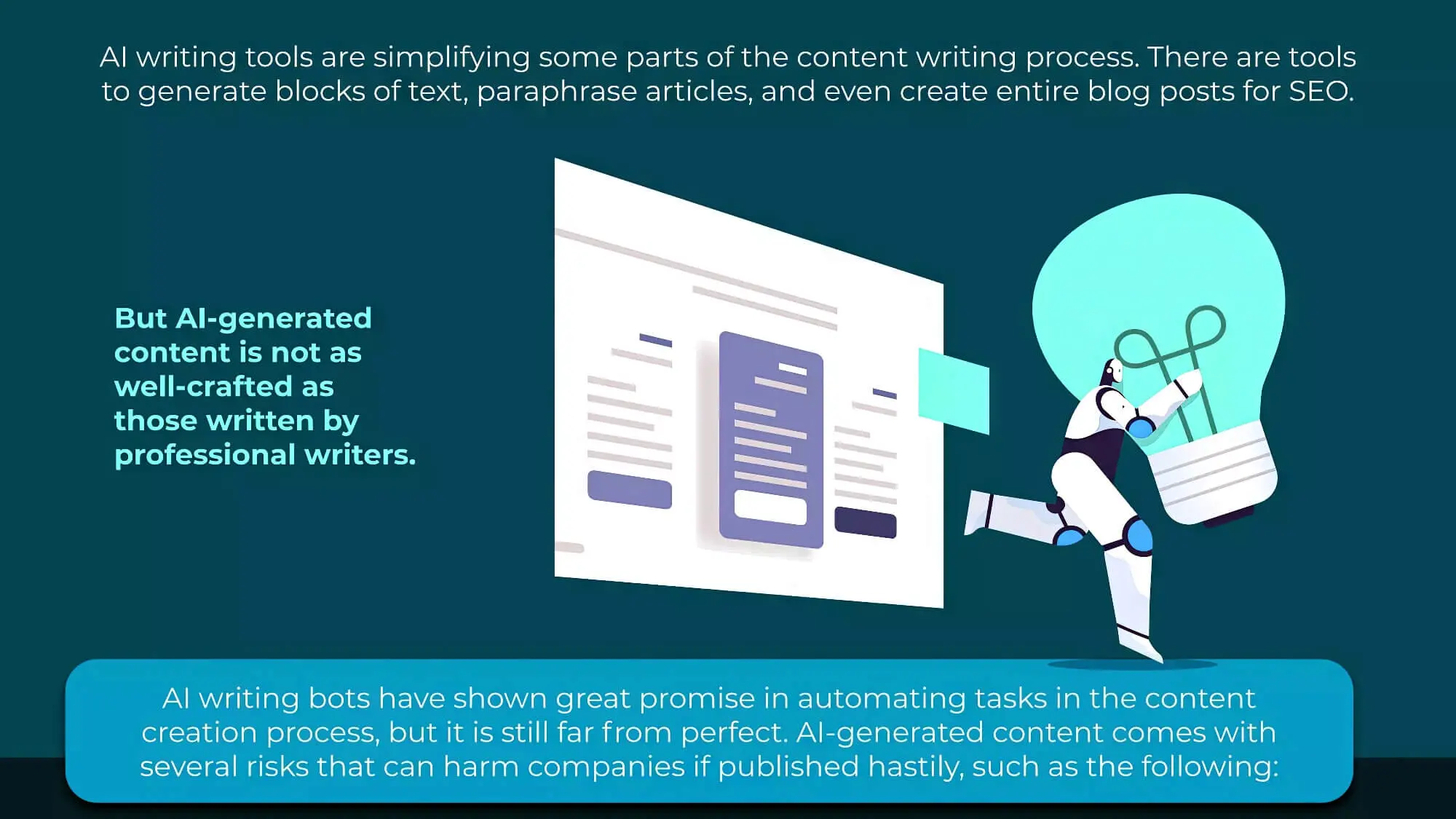
3. Bias
AI-generated content may carry bias if the algorithms are based on biased data. Hence, businesses must check that such content remains fair and does not discriminate against any group or individual.
4. Employment
AI’s impact on the content writing industry undoubtedly seems scary, especially for writers, SEO experts, etc. Hence, businesses should consider the evolution of AI in content creation and its workforce and try to mitigate any negative effects.
What Is The Future Of AI In The Content Writing Industry?
The future of AI-generated content in the industry is promising. With growing advancements, technology is expected to become even better.
A content writer can create high-quality content faster and more efficiently with the help of AI tools. AI can help with research, organisation, and editing, allowing writers to concentrate on creativity and strategy. However, AI tools can only enhance the content writing industry but never be a substitute for human creativity and human emotion, at least not anytime soon.
So, the most successful content will always combine human expertise and AI assistance.

